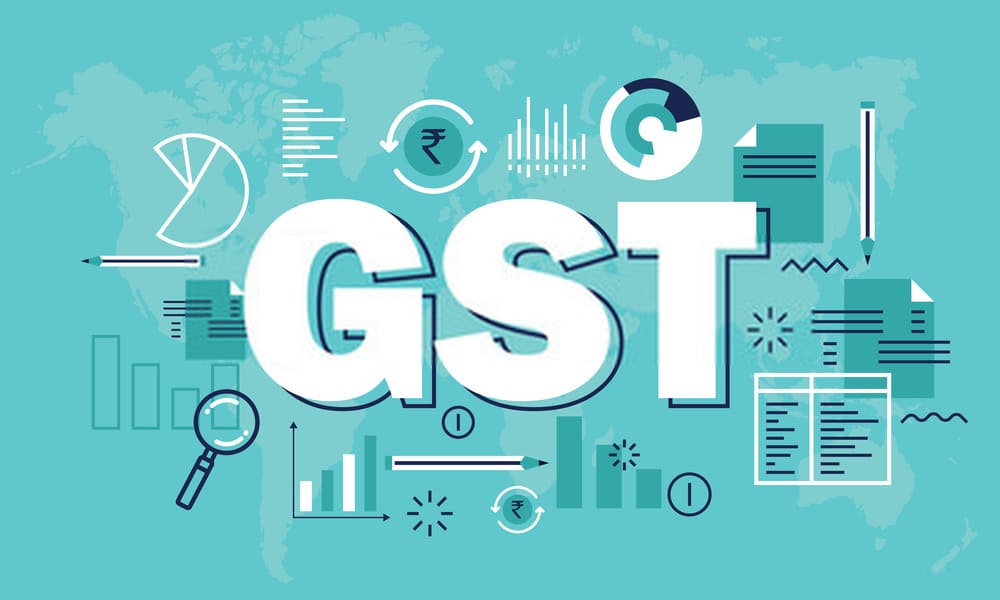GST is expected to be implemented form 1st July 2017, however the Dispute Settlement Mechanism is still not in place. Disputes between the Tax Payer and the Tax collectors are not uncommon. There are many legal forums to resolve such disputes. Adjudicating and Appellate authorities are there to take care of such disputes. Over and Above them there are Various Courts if need be. However, there may be a situation where such disputes may arise between Government of one state and Centre. In such situation what would be the mechanism to resolve the issue.
What happens in a situation when there is any dispute –between the Government of India and one or more States? or between the Government of India and any State or States on one side and one or more other States on the other side; or between two or more States.
What happens if such dispute or disagreement is arising out of the recommendations of the GST Council or its implementation?
What happens if one or more States refuse to follow the recommendation?
What happens in a situation when one or more States change any Rule or taxes though the GST council has not recommended for the same?
The questions are endless. The Trust deficit between Centre and States or between two or more States might give rise to many unforeseen situations in days to come. Looking at all this, the Constitution was amended and it gives the Powers to the GST Council to device a mechanism to adjudicate such issues. However, the earlier proposed amendment Bill by the previous government, had some specific proposals. Accordingly, the Goods and Services Tax Dispute Settlement Authority was proposed to consist of a Chairperson and two other members. The Chairperson of the Goods and Services Tax Dispute Settlement Authority was proposed to be a person who has been a Judge of the Supreme Court or Chief Justice of a High Court to be appointed by the President on the recommendation of the Chief Justice of India. The two other members of the Goods and Services Tax Dispute Settlement Authority shall be persons of proven capacity and expertise in the field of law, economics or public affairs to be appointed by the President on the recommendation of the Goods and Services Tax Council. The Report of the select committee was placed before the Rajya Sabha. The report stated that the States were apprehensive that the proposed GST Dispute Settlement Authority under earlier proposed article 279B would affect the fiscal powers of the States and the Union. The new Article 279A only provides that GSTC—Goods and Services Tax Council may decide the ‘modalities’ to resolve disputes arising out of its recommendations. The ‘modalities’ could include any dispute resolution mechanism which could be inter-alia negotiation, mediation, arbitration or even a judicial authority as deemed appropriate by the GST Council depending on the nature of dispute before it. Thus, the GST Council shall, by itself, not be resolving the disputes but decide on the modalities for resolving the disputes. The Apex body, Goods and Services Tax Council shall establish a mechanism to adjudicate any dispute. Till date we have not heard a word on this vital piece of Law and it has to be finalised before 1st JULY 2017.
